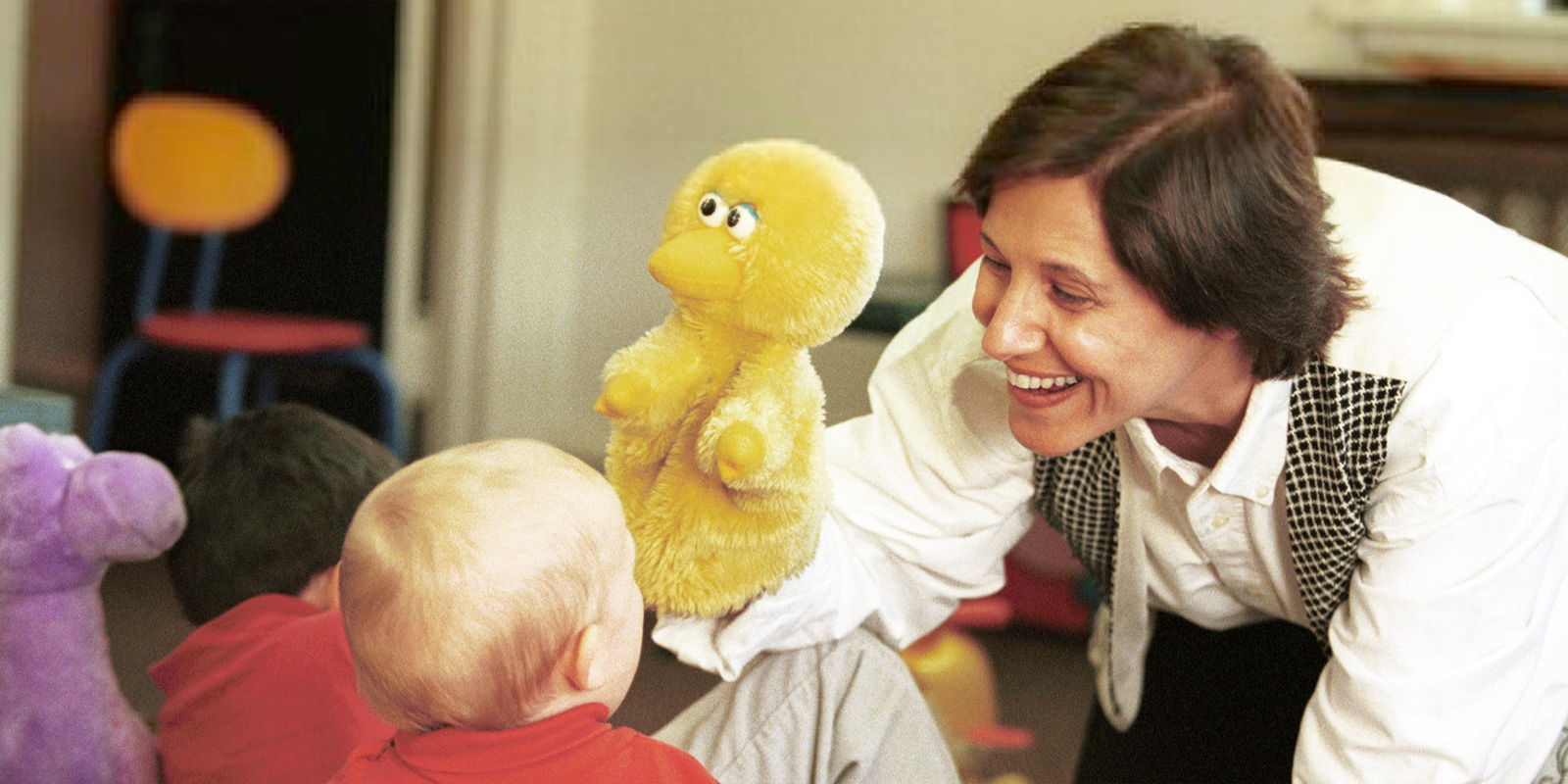Because we can’t take our Early Learning Nation Studio on the road during this time, stay tuned as ELN recaps Top Takeaways from important conversations, town halls, webinars and virtual events from the Early Learning field. Read them all and join the conversation! And visit our Early Learning Nation channel on YouTube for interviews with leaders from education, child development, business, politics and more.
Listening to Dr. Kathy Hirsh-Pasek talk about education can feel like the first time you visit one of those frozen yogurt places where you add your own toppings. You start with a little bit of this and a little bit of that, but it’s all so good, you don’t know quite where to stop.
On May 6, when she gave a virtual talk titled “Reimagining Education: A View from the Science of Learning” for the University of Maryland’s Center for Early Childhood Education and Intervention and Language and Literacy Research Center, I found myself grabbing for every morsel of knowledge within reach.
Here, then, are more than the usual takeaways.
👉 Watch Dr. Hirsh-Pasek’s presentation here
1. The kids will be okay. She started her presentation with the questions she’s heard a lot in the past 18 months: “Will we have an entire generation of social misfits? A generation of children who will never catch up?” Covid has unearthed a lot of angst, and the hand-wringing continues about the long-term consequences. According to Dr. Hirsh-Pasek, however, “Kids are the most resilient things in the universe.” Which doesn’t mean, she cautioned, there won’t be more work for a lot of us.
2. This is precisely the opportunity needed to reimagine education. Hirsh-Pasek urged her audience to apply the science of learning to do what it takes for children to thrive in the 21st century. She cited a May 2018 Detroit News editorial that summarizes the situation we’re in: “Today’s students learn very much the way their parents and grandparents did—sitting in rows in front of a teacher who delivers subject content until a bell rings and they shuffle to the next class. That worked in an economy that needed factory and office workers equipped to do rote jobs. But that world no longer exists.” Instead of maintaining the status quo, she said, we need to recognize that “the future belongs to creators, empathizers, pattern recognizers, meaning makers, artists, inventors designers and storytellers.”
3. It’s not about testing. Teachers, parents and students loathe them. Many experts are coming around to the belief that standardized tests fail to gauge the qualities that students need in the 21st century. She lamented the fact that since No Child Left Behind, the early education industry continues to embrace testing, owing to what she called a misinterpretation of the core curriculum. “With testing,” she said, “Failure’s a bad thing. In learning, failure’s a good thing. Because you dust yourself off and change your approach.”
👉 Read her perspective on education reform, published in the Brookings Institution’s Big Ideas series. A New Path to Education Reform: Playful Learning Promotes 21st-Century Skills in Schools and Beyond
4. Build relationships. The opposite of testing, said Dr. Hirsh-Pasek, and “the root of every developmental science model we have,” is the formation of strong, trusting relationships between parents and teachers, kids and parents. Early literacy is a case in point. “Phonics are not the way the brain works,” she said. “The brain works through building relationships early on, so that when they do learn the phonics skills, the letter sound corresponds with something they know about.”
5. Play is the way. Dr. Hirsh-Pasek enthusiastically cited the work of Pasi Sahlberg, the Finnish-born professor of education policy, now influencing systemic change in Australia, who recently blogged about her favorite subject: “It seems now,” he writes, “that learning through play is becoming a new normal in post-pandemic educational recovery.” She elaborated on the concept of guided play, in which the parent or teacher plays like a peer, asks open-ended questions and complements children’s action with relevant information. “Education goes beyond the school walls,” she continued. “It goes into the communities, and we’re calling it Playful Learning Landscapes.”
6. Get to know Erika Christakis and Susan Engel. Hirsh-Pasek strongly recommended Christakis’s The Importance of Being Little: What Young Children Really Need from Grownups (2012) and Engel’s The Intellectual Lives of Children (2021). See pull quotes for a taste of their work.
7. Discover the Six C’s. For Dr. Hirsh-Pasek, the recipe for both successful teaching and urgently needed education reform boil down to collaboration, communication, content, critical thinking, creative innovation and confidence. As she and co-author Roberta Golinkoff write in a Brookings blog that came out around the same time as their influential book Becoming Brilliant: What Science Tells Us about Raising Successful Children (2016), “Each of these skills is interrelated and builds on one another, continually improving across a person’s life span. Each is malleable, and each is measureable. Further, each is as adaptable to the classroom as it is to the boardroom. Collectively, they offer a dynamic and systemic way of achieving a new vision of successful education.”

Mark Swartz
Mark Swartz writes about efforts to improve early care and education as well as developments in the U.S. care economy. He lives in Maryland.



